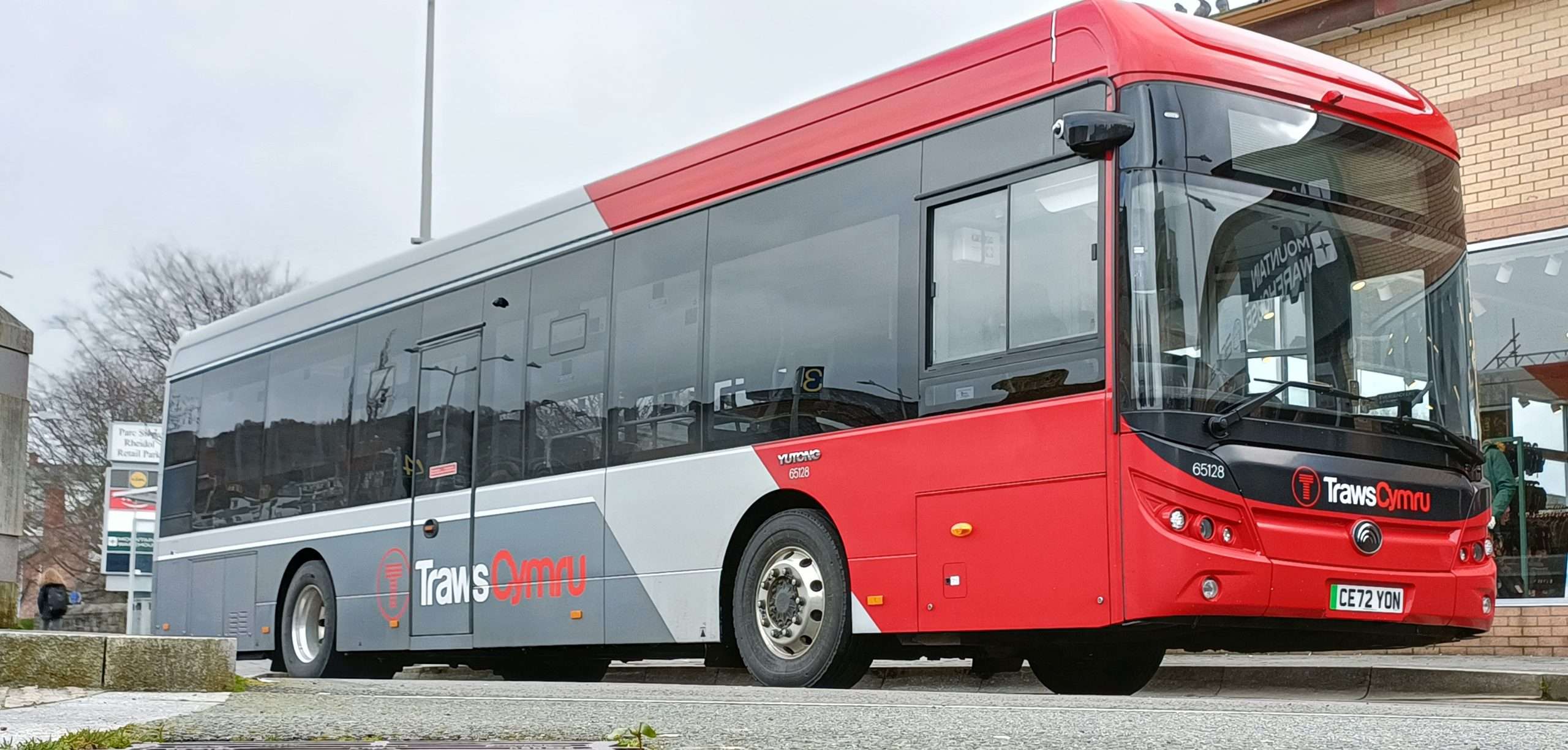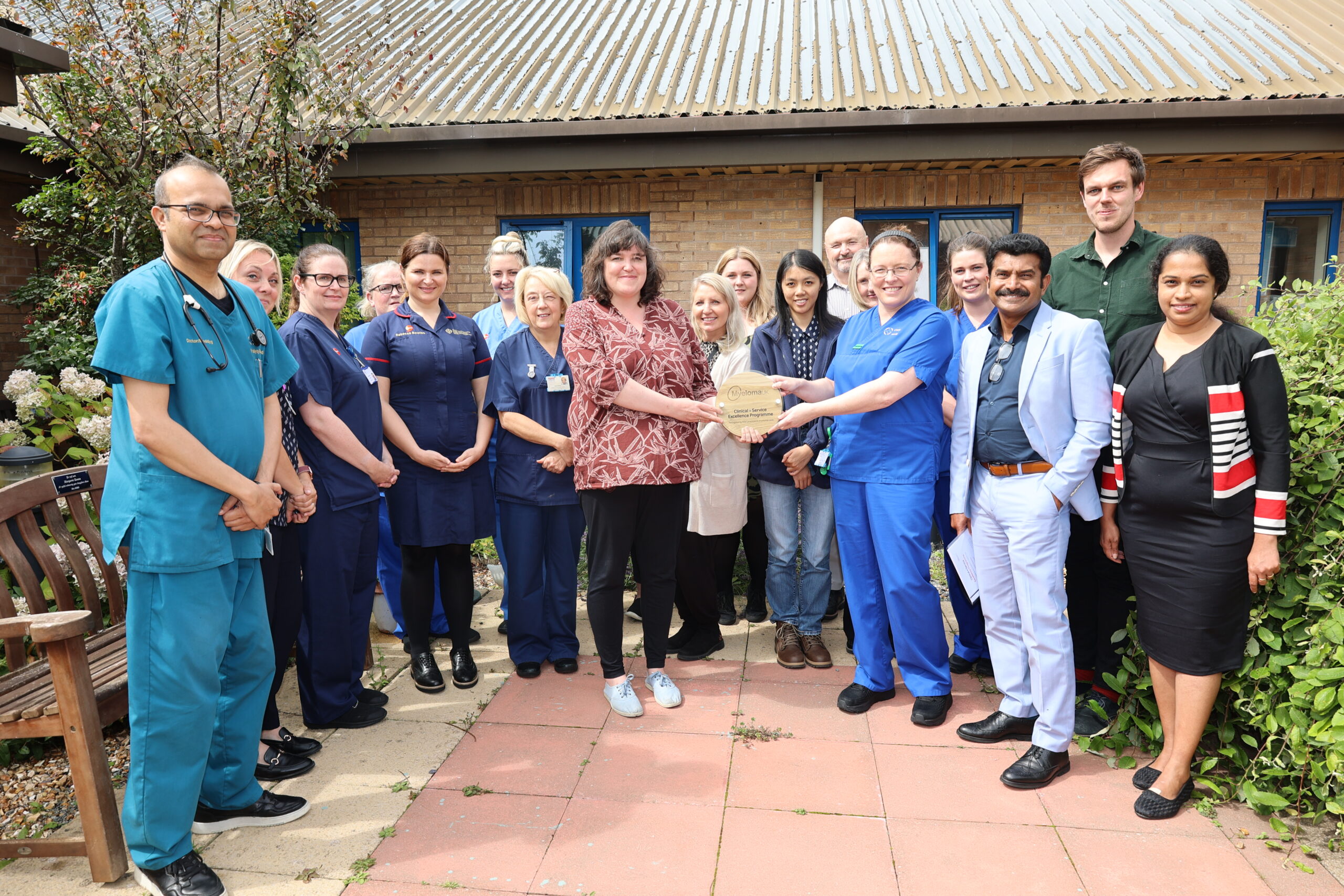By Chris Haines, ICNN Senedd reporter
The Senedd’s petitions committee took evidence on the feasibility of Wales following Scotland’s lead by making buses free for under-22s.
MSs quizzed Transport Scotland officials about the Scottish Government’s free bus pass for children and young people aged five to 21, which was introduced in January 2022.
Petitioners, Wales’ children’s commissioner, and the Welsh Youth Parliament have all added their voices to a chorus of calls for a similar free travel scheme in recent years.
Gillian Kelly, from Transport Scotland, said the smartcard encourages younger generations to develop sustainable travel habits early, contributing to efforts to tackle the climate crisis.
Ms Kelly, who is corporate programmes team leader, told Senedd members the free bus pass also helps reduce child poverty by improving access to education and healthcare.
She told the committee 123 million journeys have so far been undertaken under the scheme, which was part of a budget deal between the Scottish Government and Scottish Greens.
‘Fantastic’
She explained the age limit was extended from 19 to 22 in line with national minimum wage rates and over-16s can apply directly rather than through a parent, guardian or carer.
Ms Kelly said the Scottish scheme has so far cost £249m, which is mostly made up of the cost of reimbursing bus companies with the rates negotiated annually with the industry.
Paul White, director of the Confederation of Passenger Transport Scotland, the trade association for the bus and coach sector, described the scheme as fantastic.
He said: “I think the real prize that we hope to see at the end of it, is that when people age out of the scheme they continue to use public transport.”
Mr White told committee members the pass has led to a move from home to school transport to commercial bus routes, creating a saving for councils.
‘Positive progress’
He said bus operators are left no worse off, with Transport Scotland committing to paying for journeys, which has allayed fears growth in passenger numbers could outpace the budget.
Carole Stewart, head of bus strategy at Transport Scotland, said an evaluation of the first year found positive progress towards long-term policy goals.
She told the meeting on March 18 that the pass has opened opportunities for young people to access universities, colleges, apprenticeships and employment.
Mr White added that Scotland has experienced a drop in travel via concessionary schemes for older and disabled people, with passenger numbers at 80% of pre-pandemic levels.
“The free travel scheme has essentially plugged that hole,” he said.
Antisocial behaviour
Asked about lessons learned from the rollout, Ms Kelly pointed to teething issues with the complexity of the initial online application process.
Ms Stewart said Scotland has seen an uptick in antisocial behaviour on buses but the majority of young people use the offer with respect for drivers and other passengers.
Mr White echoes concerns about an increase in instances of antisocial behaviour, including substance misuse, abuse of drivers or passengers and damage to vehicles.
He warned antisocial behaviour makes recruitment and retention of drivers more difficult, and he suggested it could be a factor in suppressing travel by older and disabled people.
The industry representative said another lesson learned was the need for clear processes of engagement between Police Scotland and bus operators to tackle problem hotspots.
Please donate here: Support Carmarthenshire News Online Thank you for supporting independent journalism and contributing to the future of local news in Carmarthenshire. Carmarthenshire News Online has been dedicated to providing unbiased and trustworthy news, free from commercial or political influence. By donating as little as £1, you can help ensure the continuation of this important source of information for the community. Your contribution will have a significant impact on the sustainability of independent journalism. If you're looking to enhance your brand's visibility, we also offer advertising opportunities on our Livestream and podcasts. Our special offers provide excellent value for reaching our engaged audience. To learn more about these opportunities and to discuss your advertising needs, please feel free to call or text us at 07308598604. Thank you again for your support, and together we can ensure the availability of quality local news for Carmarthenshire and beyond.
Please donate here: Support Carmarthenshire News Online






